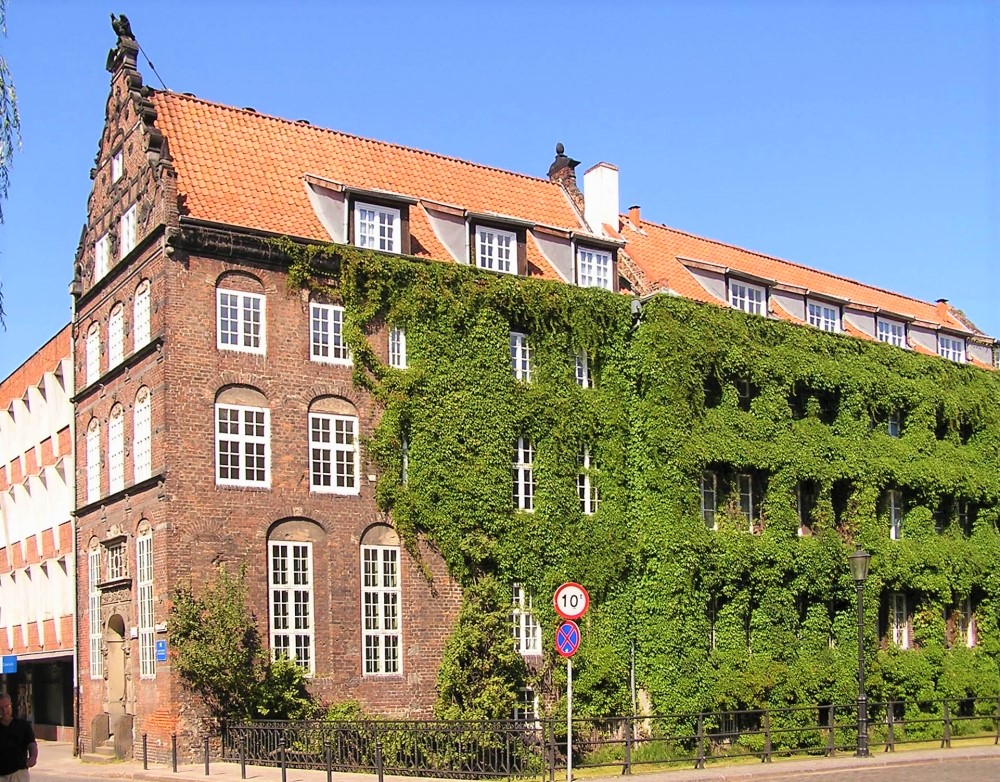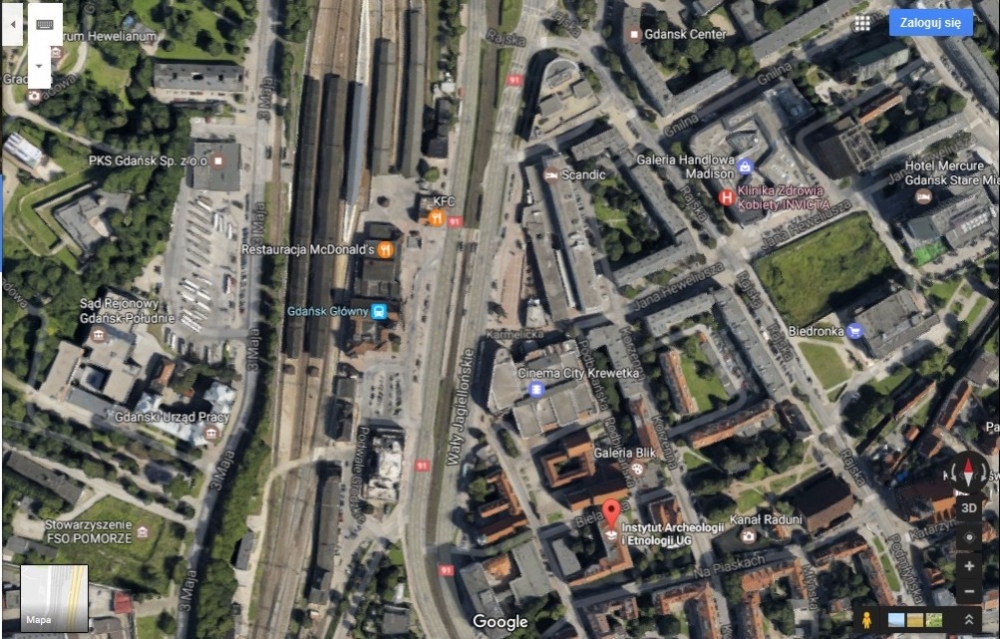Institute of Archeology
Office - Institute of Archeology
ADDRESS:
ul. Bielańska 5, 80-851 Gdańsk
SECRETARIAT:
mgr Joanna Pawłowska, tel./fax. +48 (58) 523 37 10, email: hisarch@ug.edu.pl
About Archeology

There are two degrees of studies offered at the University of Gdańsk in the field of Archeology.
The graduate of three-year first degree/bachelor’s studies in Archeology is prepared to undertake second degree/master’s studies (complementary master's studies) in the same field or related fields (history, cultural and physical anthropology). S/he can also work as an 'archaeological technician' in all types of institutions conducting excavations: from large scientific institutes, through archaeological museums, regional museums and conservation service, to small private companies specialising in archaeological rescue. This preparation corresponds to the standards in force in Poland and other European Union countries.
A bachelor's degree in Archeology ensures mastery of the methods and techniques of excavation works and their documentation at all types of archaeological sites from different periods and regions.
The graduate has the ability to use knowledge in the subjects covered by the study programme. S/he should especially have a systematic knowledge of history from the appearance of man to modern times - both at the level of general knowledge and practical ability to recognize typical forms of archaeological monuments (their chronology and cultural affiliation). S/he knows the rules of gathering museum collections; knows how to design a museum exhibition and how to write a scientific article.
The graduate of full-time second degree studies in Archeology receives a master's degree. The scope of the acquired knowledge includes prehistory of Polish lands against a comparative background and historical archeology (the Middle Ages, modernity) as well as the elements of Mediterranean cultures. The acquired skills allow the graduate to independently conduct archaeological field research on many types of archaeological sites from different eras and areas, conduct stratigraphic sequence analyses and develop movable historic material, as well as prepare a scientific publication. The graduate knows modern research methods and principles of interdisciplinary cooperation. The acquired knowledge allows him/her to take up work in scientific, museum and conservation institutions as well as in other institutions requiring appropriate knowledge and efficiency. The graduate knows how to design a museum exhibition, write a scientific and popular science article, as well as calculate the cost of rescue works, design their organisation and present an offer of excavations.
The Institute of Archaeology and Ethnology offers Erasmus courses delivered in English in the subject areas of Archaeology. These can be taken by Erasmus exchange students, both at BA and MA levels. For further information contact the Erasmus coordinators, one of whom is Prof. Nicholas Sekunda (nicholas.sekkunda@ug.edu.pl).





